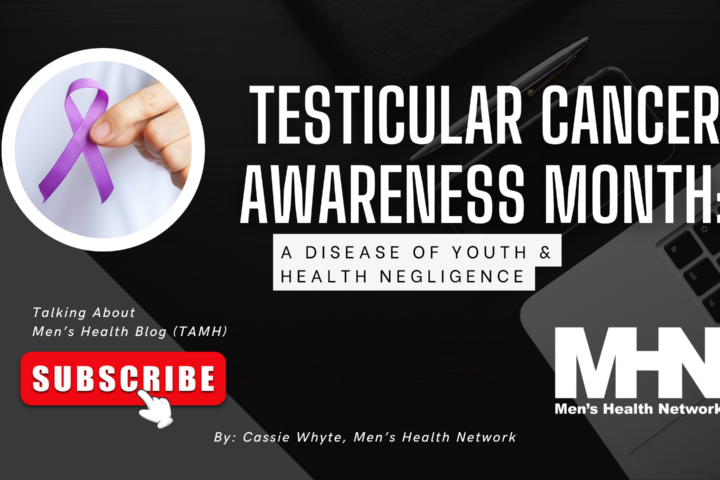The average American now checks their smartphone 47 times a day, according to Deloitte’s latest Global Mobile Consumer Survey. Among Americans aged 18 to 24, this rises to 86 times a day. These numbers have remained relatively consistent for several years, indicating how smartphones have become a regular part of everyday life for most Americans. Now that smartphone usage has become universal, the stage is set for the next phase of the mobile revolution, which will be dominated by 5G and the Internet of Things, Deloitte predicts. Here’s a look at three key ways these technological developments are affecting the way we live as a society and the way we do business.
Making Communication Faster
One of the most fundamental ways technology has changed society is making communication faster. A first step towards instant communication was the rise of email, first developed at MIT in 1965. Initially limited to sharing messages between two users sharing the same computer, the technology soon expanded to allow communication between connected computers, and by the 1990s, email had become mainstream. Coming on the heels of email was instant messaging, first conceived at MIT in 1961 but not widely adopted until the late 1990s following the introduction of AOL Instant Messenger and Yahoo! Messenger, Visual Capitalist reports. The smartphone revolution of the 2000s brought instant messaging to mobile phones. Skype, launched in 2003, combined instant texting with video and voice communication, paving the way for smartphone apps that offered unified communication. In the 2010s, social media chat apps such as Facebook Messenger and Snapchat have come into widespread use.
Five-G wireless networks will accelerate communication speeds to the next level. Preliminary tests by Qualcomm have demonstrated a download speed increase from an average of 10 megabits per second for the average 4G LTE user to 442 megabits per second for the average 5G user. In practical terms, this will allow full-length 4K Ultra HD movies to download in minutes. It will also allow for streaming 4K and virtual reality broadcasts, enabling these technologies to be combined with mobile instant messaging. For instance, imagine being able to meet your video game partners in virtual reality for online gaming, or imagine doing a VR meeting for your next job interview.
Connecting Everything
Five-G will also help accelerate the growth of the Internet of Things (IoT), connecting virtually every aspect of society together. The IoT already includes mobile phones, smart TVs, smart speakers such as Amazon Echo, smart home devices, wearables and other devices. One of the upcoming trends on the IoT will be the growth of the connected car market, paving the way for self-driven cars. Over 125 million connected cars will ship globally between 2018 and 2022, with 5G-connected cars on the road by 2020, Counterpoint estimates.
But the most dramatic change brought about by the IoT will not be connected cars, but connected bodies, Scientific American predicts. Applications to healthcare are already here, such as FitBit wearables for tracking your heart rate. Futurist Rob Martens says future IoT devices will go much farther, including apps that can count your calories just by taking a picture of your plate, implanted devices that can detect failing kidneys and nanobots that can report on your blood sugar level. This type of technology will expand beyond healthcare applications to connecting the human body for nonmedical persons. For instance, some biohackers are already implanting mobile wallet chips in themselves so they can make payments without a credit card. Companies such as 32M are starting to implant chips in employees.
Changing the Shape of Security
Technologies such as implanted mobile wallets illustrate how the nature of security is changing in a connected world. Today’s cutting-edge security devices are connected to the Internet of Things. For instance, security provider Lorex makes security camera systems that record 4K Ultra HD resolution video, which can be remotely monitored from anywhere.
Security today also requires monitoring digital threats. One of the most important innovations on this front is the emergence of security tools powered by artificial intelligence (AI), which can automatically detect threats by using machine learning to distinguish normal network behavior from attempted intrusions. Together with security camera systems, AI will help keep homes and businesses secure in the age of the Internet of Things.
Instant communication has already transformed society through email, instant messaging and video chat, and 5G will open the door for streaming 4K video and virtual reality. It also accelerate the growth of the Internet of Things, promoting devices such as connected cars, connected healthcare wearables and even implanted digital wallets. The Internet of Things is changing the nature of security with technology such as security camera systems and AI threat detection. Together these innovations are changing the way we do business, work and live.




